DIY Seminary Pt 1
Not really, but these are books you need to read if you wanna engage theologically
There is no seminary in a bottle, and to be honest, I can see, however far away on the horizon, less and less desire for virtual teaching, and more and more desire for small, intimate, embodied training.
However, I do also realize that not everyone wants to, or can go, to seminary - but lots and lots of people still want to read and study.
And that reading and that studying is absolutely required to parse out and engage in our modern culture - ideas don’t spring up out of nowhere, outlooks and perspectives and beliefs have roots - and understanding those roots, or how to form personal philosophies, is needed.
It’s not just about having a rich thought life - it’s about having a sharp enough mind to cut through all the lies and contradictions; it’s about being clear headed enough to see Reality; about not losing your mind to every wind of doctrine.
This is gonna be part one of who knows how many, and it won’t just be biblical scholarship - it’ll have all kinds of books in here.
Here we go, in no particular order.
Socratic Logic by Peter Kreeft
If you want to learn, you need to know how to think, and if you want to know how to think, logic, rationality, and clarity are key. Kreeft is a great way to think clearly, and he walks through just about everything you need. It’s a big book, but well worth it.
How to Read a Book by Mortimer Adler
Again, if you want to learn, you need to know how to read - not just see the words on the page and consume them, but to understand them and engage with them; to know what the author is saying and interact with the text. Full of tools and questions and direction and teaching on how to read well.
How to Read the Bible for All Its Worth by Fee and Stuart
This is probably the best intro to hermeneutics I can think of - it’s easy to read, brings tons of the key elements up to the surface in a simple way, and begins to shed light on why hermeneutics matters. This was prerequisite reading for my own class on hermeneutics and I was a big fan.
Gospel and Spirit: Issues in New Testament Hermeneutics by Gordon Fee
This book goes a bit deeper into the weeds than the previous book and tackles the main issue of Authorial Intent - what did the original author intend to say. It’s framed around a pretty controversial issue, namely women in ministry, and it is fee’s goal to show that proper study tends to clear up the muddy waters. This is essentially hermeneutics in action.
Kingdom Through Covenant by Gentry and Wellum
Gentry was a prof of mine for Old Testament Biblical Theology - and this book is part of what that class was shaped around ( he taught the class before the book was published, but he sent me some drafts because I loved it so much ). The main idea in the book is that the bible has one, over-arching, meta-narrative that makes the whole thing cohere. That concept, Gentry maintains, is the core and bedrock for all our interpretation - if we miss it, we miss so much of what the Good Book is saying. This book is top of the line.
On the Orthodox Faith: A New Translation of An Exact Exposition of the Orthodox Faith by John of Damascus
I read this book a few years ago and loved it - John of Damascus addresses just about every main area of Christian theology - and spends special time on the Trinity, the nature of Christ, and Soteriology. If you can take the time to fully understand what’s going on there, it’ll clear up so much - every single bit of doctrine stems up from this.
On the Incarnation by St Athanasius of Alexandria
I read this every Advent season - and the preface by Lewis is also great. It’s hard to explain just how important this short book is. As you can imagine, it deals with the Incarnation, why God became Man. It is so good.
On the Holy Spirit by St Basil the Great
I also read this book in seminary and was amazed - I think it was the first ever book I read by a Church Father. The whole book is about defending the Divinity of the Spirit - and beyond it helping you understand and defend so many aspects of Trinitarian Theology, it’s also a master class on thinking through the texts of scripture well. You always gotta hand it to the Cappadocians.
Orthodoxy by GK Chesterton
I try to read this book once a year; it is foundational for a perspective of the world that is Alive and Good. Chesterton has an ability to open your mind in such a way that you can see things a fresh and then close your mind up again on something solid ( a quote of his, btw ). This is a masterpiece.
Mere Christianity by CS Lewis
This book often gets put down in the apologetics category, which I am not the biggest fan of. Yeah, this book does lay out some air tight arguments for Christianity - but I don’t think that’s where it shines. Lewis does what few others can, he speaks clearly, sharply, and with a winsomeness that makes you want to listen. Mere Christianity is so simple it is genius, and to learn to communicate the richness of belief in Jesu this way is so vital.
There you have it…
Like I said, this isn’t exhaustive, and next time we will see what pops into my head to share. But i think these books form a pretty decent foundation for understanding how to think, how to read, how to interpret, how to structure, and how to view your faith.
enjoy






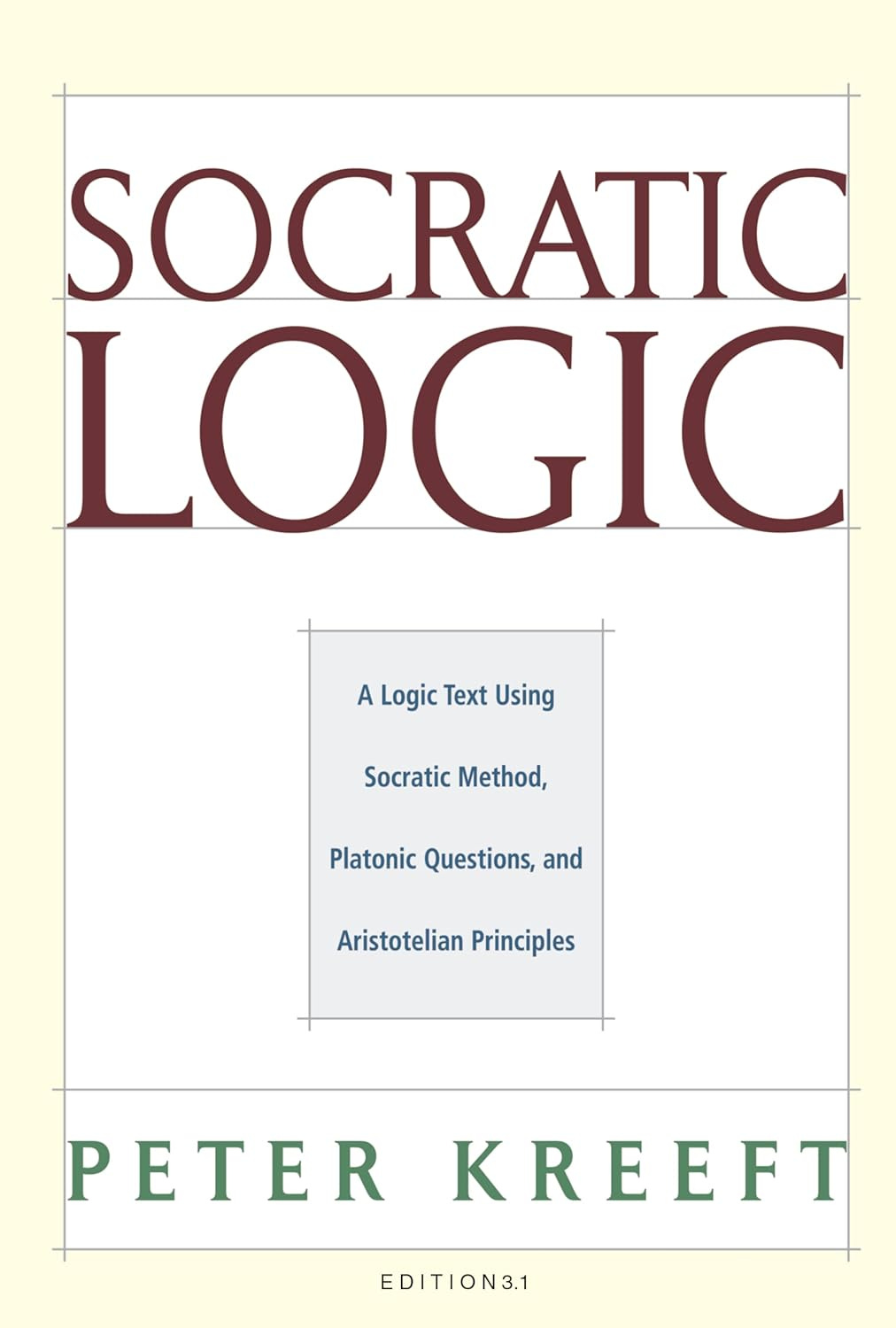


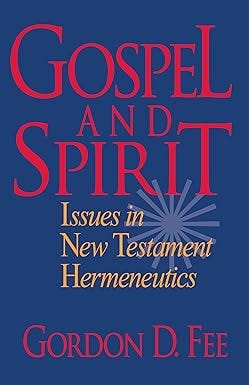
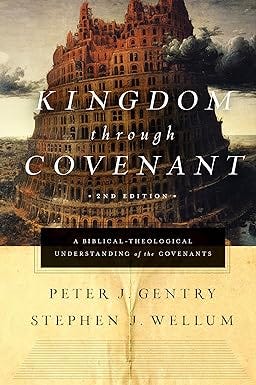
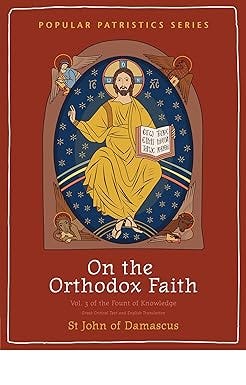
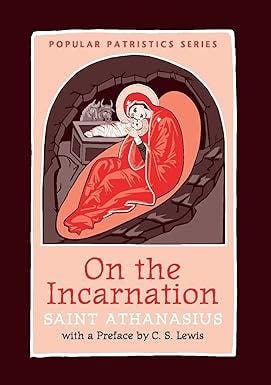
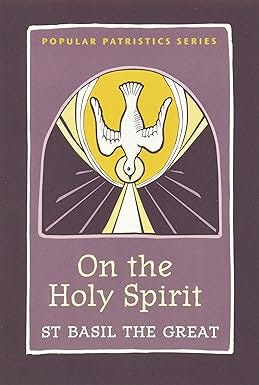

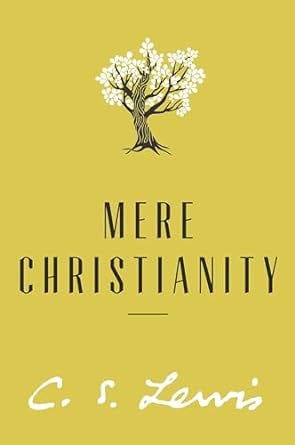
Kingdom Through Covenant has radically reshaped the way I approach the metanarrative of Scripture. Can’t wait to read some of your other recommendations. Thank you.
Thank you 🙏🏼